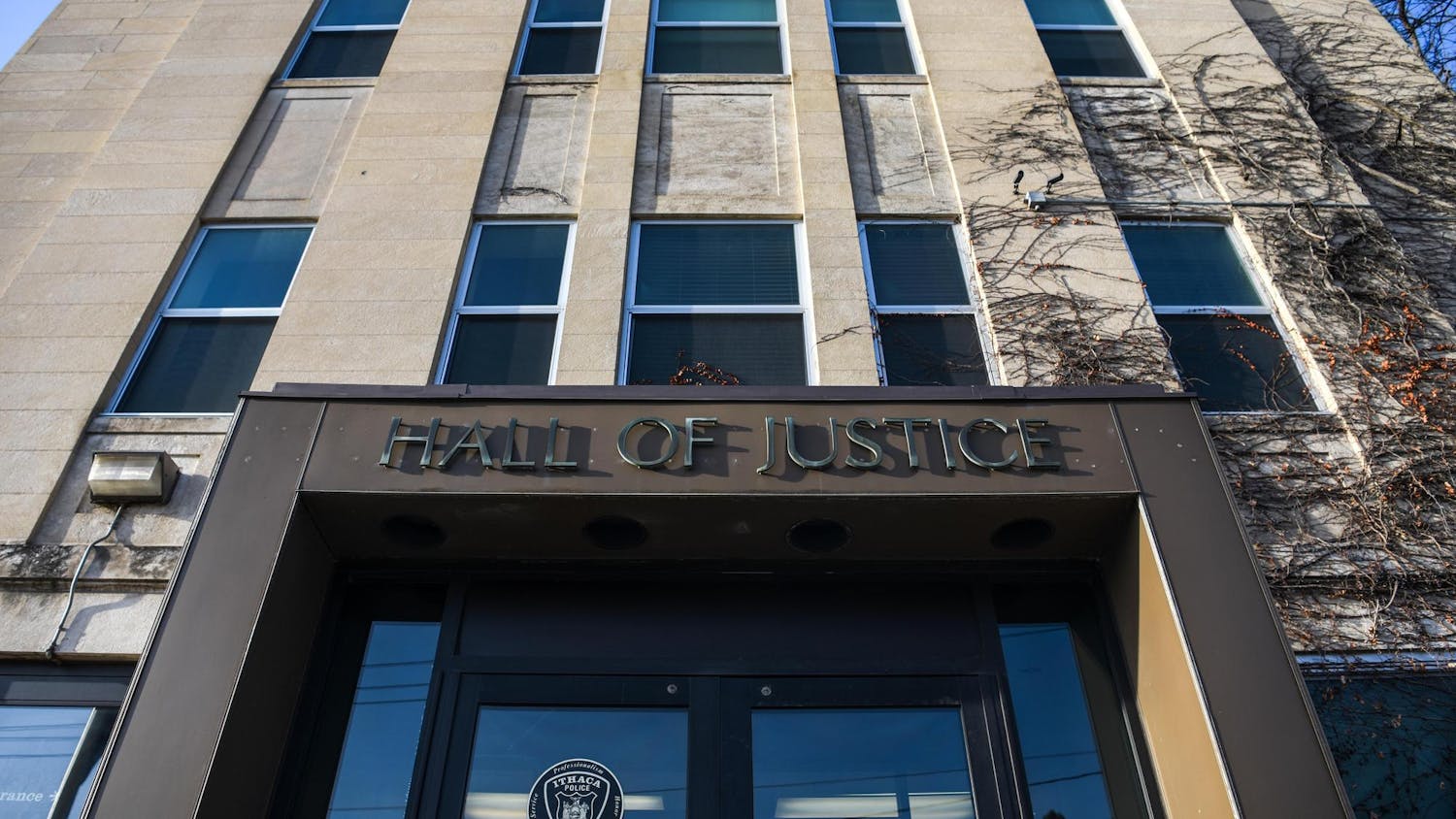After months of debate, the Faculty Senate rejected a resolution on a proposed dual-degree program between the School of Hotel Administration and China’s Peking University.
Opponents of the program raised concerns about allegations of genocide and other human rights violations against China, Peking University’s history of violating academic freedom and worries about a perceived lack of transparency from the Cornell administration.
In a March 31 sense-of-the-senate vote on the proposed partnership, 16 members voted yes, 39 members voted no, 20 members abstained and 51 members did not vote.
“[If we have] partnerships with organizations and universities under the sway of authoritarian regimes, we risk degrading and compromising the University’s mission, function [and] reputation,” said Prof. Joanie Mackowski, Senator for the Department of Literatures in English, at the faculty senate meeting.
The Biden administration has declared China’s treatment of predominately Muslim Uighur people and other miniorities in the Xinjiang region a genocide. Alleged Chinese government human rights abuses include rape, forced labor, forced sterilization, arbitrary imprisonment and torture.
“Engagements with China right now, in a period when political repression, the deterioration of academic freedom, the violation of human rights, are daily increasing, doesn't seem like a good idea,” said Prof. Richard Bensel, government. “It seems morally and ethically reprehensible.”
While Bensel said he supports the ongoing efforts of some Cornell faculty to develop independent intellectual collaborations with researchers in China, he said he sees this as different from official University-level collaborations, such as the proposed dual-degree program. Bensel said he thinks the dual-degree program was proposed because of what he sees as Cornell’s growing focus on creating programs primarily for financial gain.
Bensel acknowledges that the Cornell administration can create the dual-degree program regardless of faculty dissent and is unsure of what the University’s future plans will be.
“They have the power to go ahead. There's no question about that,” Bensel said. “The question is, will they do this? I think they'll hesitate. I don't know how long they're going to hesitate.”
The Faculty Senate began discussing the proposed dual-degree program in February, and discussions have continued since the initial meeting, with a special senate meeting even organized to discuss the proposed partnership. After this process, Prof. Charles Van Loan, Mackowski and Bensel all presented different resolutions related to the vetting process for international dual-degree programs.
Prof. Charles Van Loan, computer science and dean of faculty, presented a proposal for a possible approval sequence for international dual-degree programs at the meeting to make the process more transparent and efficient.
“We just want to inspire confidence that the unit proposing this [program] has … thought about these things,” Van Loan told The Sun.
One proposed change is to add three ethics-related questions that the proposing unit would have to fill out. In this instance, the hotel school would have to respond to these questions before the proposal moves forward.
Citing many of the same human rights concerns as were discussed by the Faculty Senate, the Student Assembly recently passed a resolution calling for Cornell to follow ethical guidelines when developing partnerships abroad.
Mackowski presented a resolution to revise the vetting process for international dual-degree programs. Her resolution called on the University administration to acknowledge the concern of “entangling our institution with anti-democratic forces.”
The resolution called for greater transparency about the details of program proposals and the consultation of the Faculty Senate, to make sure that new programs follow the University’s guidelines on ethical international engagement. In a later interview, Mackowski stressed the importance of revising the vetting process for international dual-degree programs.
“If this program has been approved in the normal process, there’s something wrong with the process,” Mackowski said.
Bensel presented a resolution that reaffirms the Faculty Senate’s role in considering dual-degree programs with other universities. He stressed the importance of clarifying the rights and responsibilities of the Faculty Senate for this particular issue, because he said he believes this would demonstrate to the administration that proposed dual-degree programs have to come before the senate.
According to Van Loan, the issue of the dual-degree program is the most time he has seen faculty devote to one issue in his time as the dean, making it more difficult to dedicate time to other pressing issues, such as anti-racism initiatives and tenure-track review.
Before discussing the proposed partnership, the Faculty Senate heard several resolutions on the tenure-track process, which will be discussed in future meetings. These resolutions seek to formalize several practices to improve the tenure-track process.
A resolution was presented on decreasing the Dean of Faculty election slate size to two or more candidates, a change from three candidates or more.
Other resolutions discussed at the meeting included the resolution on crimes alerts and race — which calls on the Cornell University Police Department to eliminate the use of racial descriptors in crime alert emails — and the resolution in support of Policy 1.2 — which supports a revised version of a policy relating to academic misconduct and research integrity.
Tamara Kamis ’22 contributed reporting.











